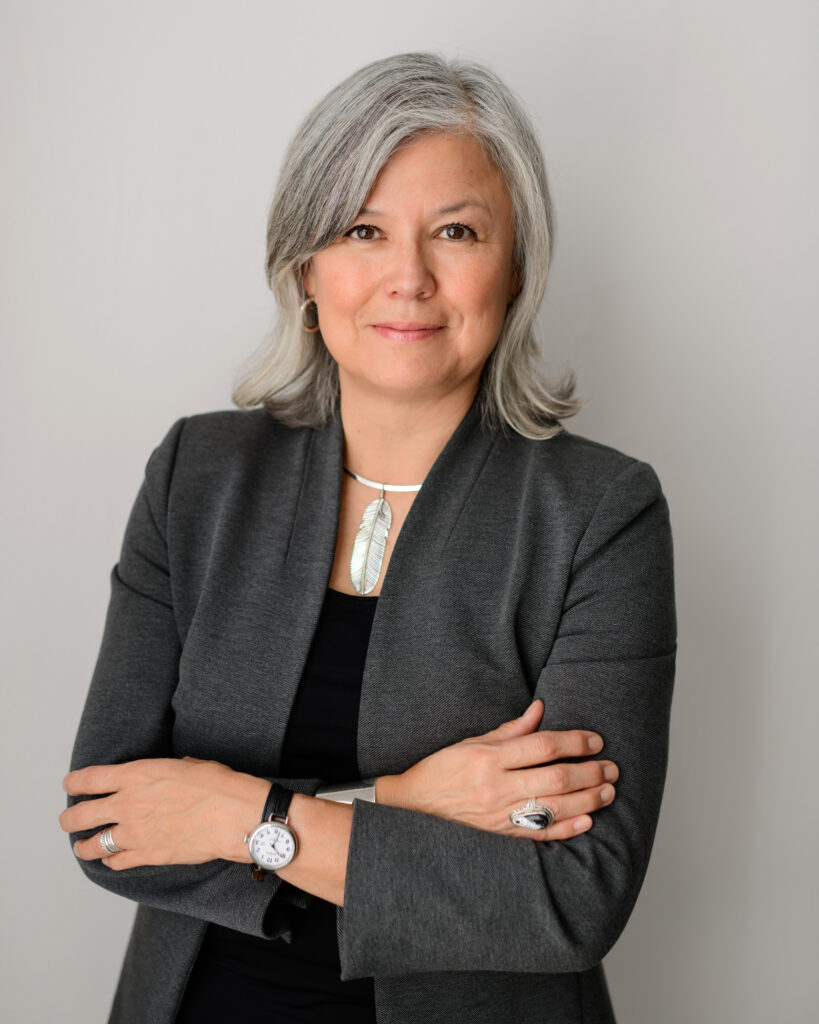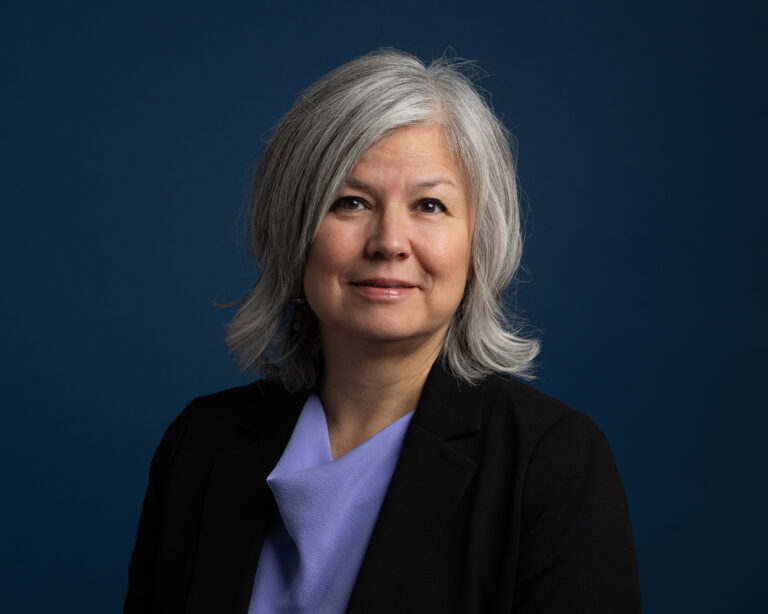March is Women’s History Month, a yearly celebration of women’s contributions and accomplishments throughout the United States. Originally started as “Women’s History Week,” the national monthly observance was enacted into law in 1987 by President Ronald Reagan.
Marquette University was the first Catholic university in the world to educate women alongside men. In 1909, Marquette President Father James McCabe, S.J., began to permit women to enroll in Bachelor of Arts classes at a new summer school. Despite initial pushback, his bold action paved the way for gender equity at Marquette.
This year’s Women’s History Month theme is “Women Who Advocate for Equity, Diversity and Inclusion,” acknowledging that gender equality requires that we eliminate all forms of bias and discrimination from our institutions.
In honor of Women’s History Month, Marquette Today is featuring several outstanding women who are creating their own history by advocating for diversity, equity and inclusion among the Marquette community and beyond.
Meet Dr. Jacqueline Schram, director of public affairs and special assistant for Native American affairs

During her 17 years at Marquette, Jacqueline Schram has blazed a trail that will be remembered for years to come. As the director of public affairs and special assistant for Native American affairs, she’s made it her life’s mission to open the doors of higher education to Native communities.
In her role in the Office of Institutional Diversity and Inclusion, Schram helps the university honor the distinct political status of Indian tribes by building cross-campus relationships to develop innovative programs and make trusted resources available to the community. All this reminds us of the history of Native peoples and their “ongoing presence.”
As she reflects on Women’s History Month, Schram recalls one woman who inspired her: Maxine Elm, the first American Indian counselor at Marquette from 1976-85.
“Maxine led an initiative at Marquette to support, recruit and retain Native American students in a landscape long before one was shaped and guided by the language of diversity, equity, inclusion and accessibility,” Schram says.
Inspired to honor Elm’s legacy, Schram continues to hold Marquette’s door open for Native communities.
“In established offices, we now have robust educational initiatives alongside goals, priorities and actions visibly homed, which help carve a course towards a more welcoming, equitable and inclusive campus community,” Schram says.

Though Schram’s role at Marquette has evolved, she continues to show commitment toward righting relationships with Native people. As co-advisor for the Native American Student Association, she aided the group in crafting Marquette’s Land and Water Acknowledgement, which recognizes the long history of Native people and nations that lived on and stewarded the land and water where the university now resides.
She also staffs the Marquette Indigeneity Lab, an interdisciplinary research hub that promotes Marquette’s Indigenous undergraduate students’ research on topics that increase awareness and understanding of Indigenous history and culture in Milwaukee.
Schram has enhanced the university’s understanding of tribes and sovereign nations through ongoing programmatic work and advocacy, leveraging opportunities like Indigenous Peoples Day and National Native American Heritage Month. Ever striving, she is investing in institutional and tribal collaborations. Schram is hopeful for the future of Marquette’s diversity, equity and inclusion efforts, and believes there is much work to be done.
Says Schram: “Marquette has the ecosystem to cultivate a new era of educational resources, supports, and relationships that will help advance priorities of our tribal communities like revitalizing Native languages, the care and connection to our natural world, mental health and overall building a thorough understanding of complex Native histories, cultures and identities.”



